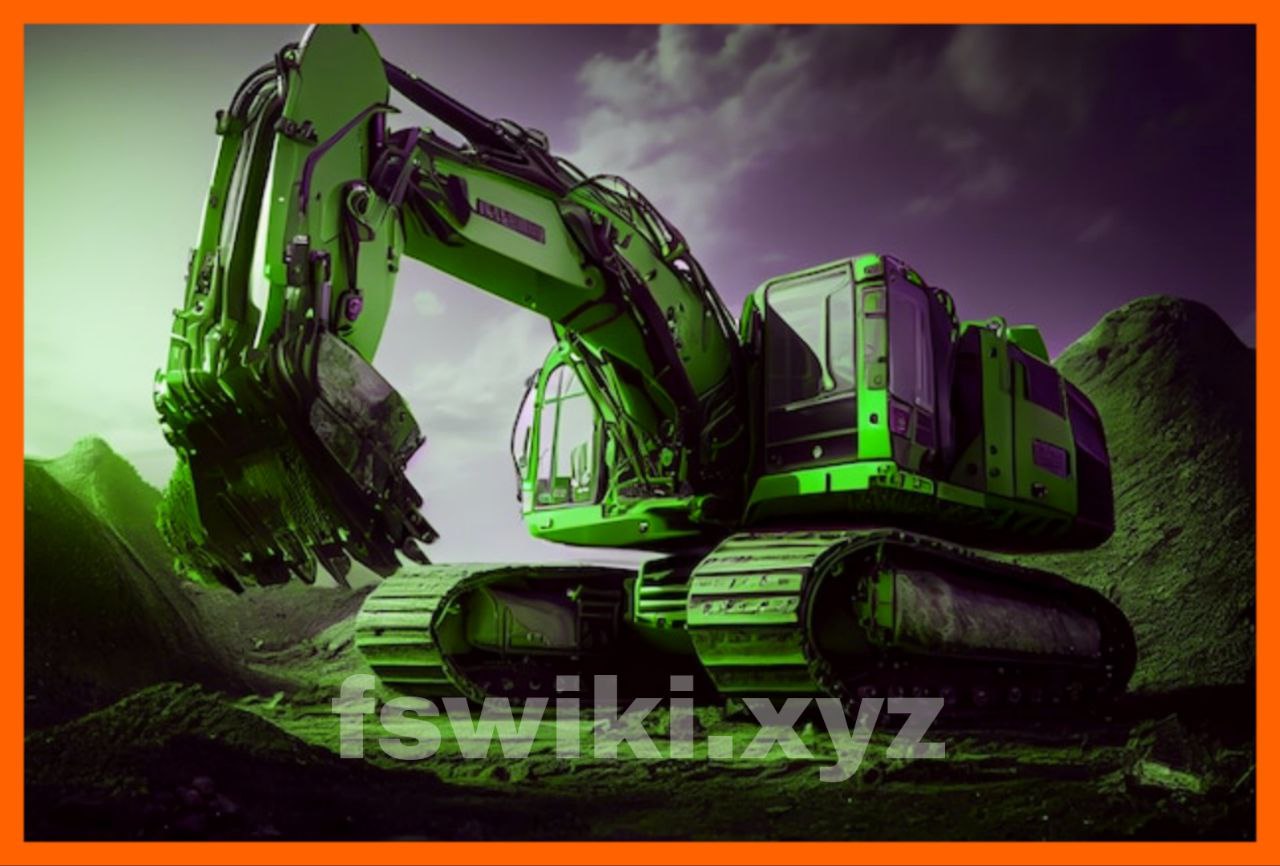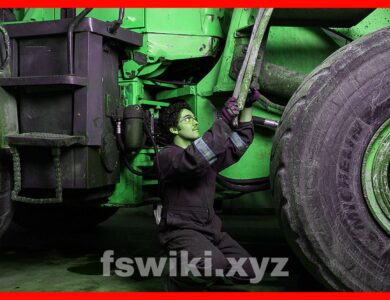
Heavy Equipment Service Technician The Unsung Heroes of the Construction World
In the bustling world of construction and heavy machinery, Heavy Equipment Service Technicians often work behind the scenes, ensuring that the massive machines driving our infrastructure projects run smoothly. From bulldozers to excavators, these professionals keep the wheels of progress turning. Let’s dive into their world and explore what makes them indispensable.

What Does a Heavy Equipment Service Technician Do?
Heavy Equipment Service Technicians are the skilled craftsmen who keep complex machinery in top shape. Their role encompasses a variety of tasks:
- Routine Maintenance: Regular checks and oil changes to ensure machinery runs efficiently.
- Repairs: Diagnosing and fixing mechanical issues that arise.
- Inspections: Ensuring equipment meets safety standards and regulations.
- Upgrades: Implementing technological advancements to improve machine performance.
Key Responsibilities
- Diagnostics and Troubleshooting: Identifying issues through testing and observation.
- Repair and Replacement: Fixing or replacing damaged parts.
- Routine Maintenance: Performing scheduled maintenance to prevent breakdowns.
- Customer Interaction: Discussing issues and solutions with clients.
“A Heavy Equipment Service Technician is like a mechanic for the giants of the construction world. Their expertise keeps the behemoths moving.” – John Doe, Industry Expert
Skills Required
To excel as a Heavy Equipment Service Technician, one must possess a unique set of skills:
- Technical Knowledge: Understanding complex machinery and systems.
- Problem-Solving Skills: Quickly diagnosing and addressing issues.
- Attention to Detail: Ensuring every part of the machine is functioning correctly.
- Physical Stamina: Handling heavy equipment and working in challenging conditions.
Training and Certification
Becoming a Heavy Equipment Service Technician typically involves:
- Education: An associate degree or technical diploma in heavy equipment technology.
- Certification: Certification from recognized bodies such as the National Institute for Automotive Service Excellence (ASE).
- Experience: Hands-on experience through apprenticeships or entry-level positions.
The Importance of Heavy Equipment Service Technicians
Without these skilled technicians, the machinery that powers construction projects would falter, leading to delays and increased costs. Their work ensures:
- Safety: Proper maintenance reduces the risk of accidents.
- Efficiency: Well-maintained equipment performs better and consumes less fuel.
- Longevity: Regular servicing extends the life of the machinery.
Current Trends in Heavy Equipment Service
Technological Advancements
- Diagnostic Tools: Modern diagnostics tools have made it easier to pinpoint issues quickly.
- Remote Monitoring: Some machines now come with sensors that provide real-time data on performance.
Sustainability
- Eco-Friendly Parts: There’s a push for parts and fluids that are environmentally friendly.
- Energy Efficiency: Technicians are increasingly focusing on improving the energy efficiency of machinery.
Challenges Faced by Technicians
- Keeping Up with Technology: Rapid advancements mean continuous learning.
- Work Environment: Technicians often work in challenging conditions, from extreme temperatures to noisy environments.
- Safety Risks: Working with heavy machinery comes with inherent risks.
“The evolution of technology in heavy equipment means that technicians must constantly update their skills to stay ahead.” – Jane Smith, Equipment Specialist
Heavy Equipment Service Technicians are the backbone of the construction industry, ensuring that our massive machines operate seamlessly. Their expertise and dedication make them crucial to the success of every project. As technology evolves and machinery becomes more complex, their role will only grow more important.



